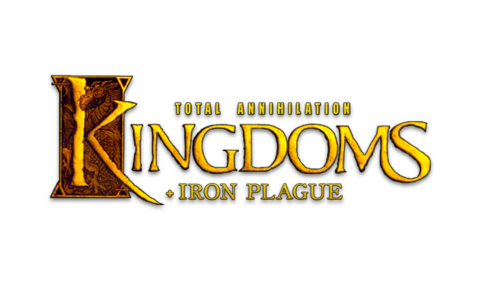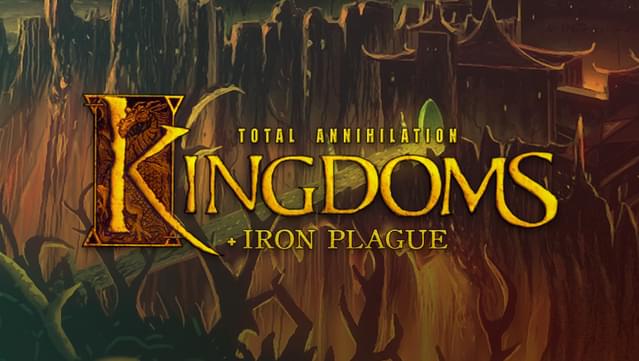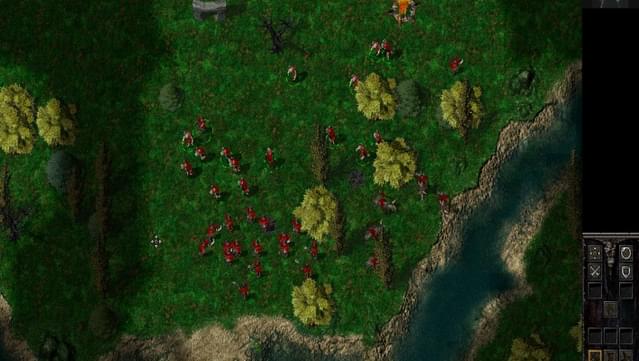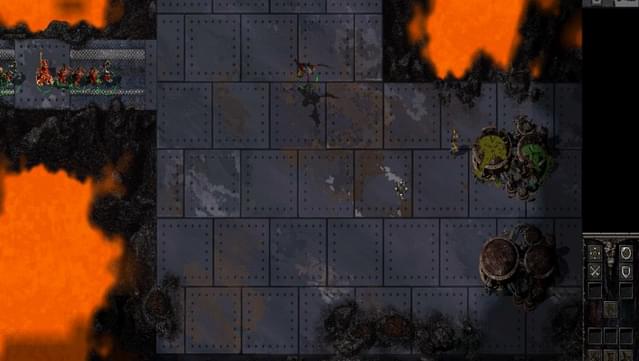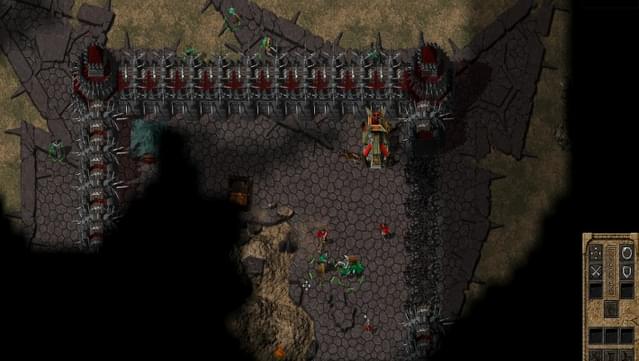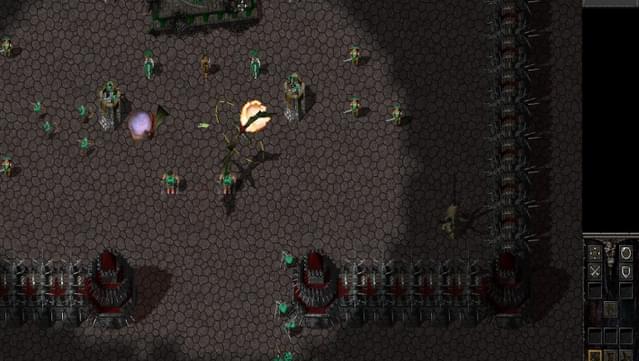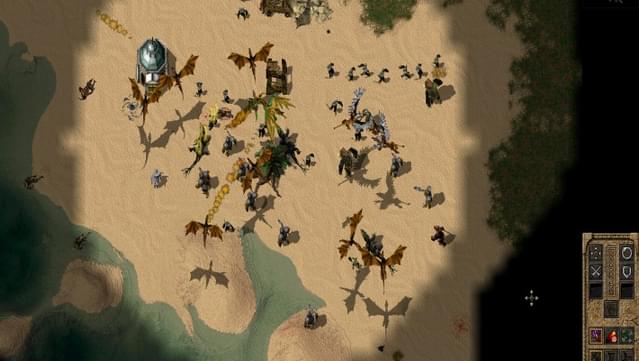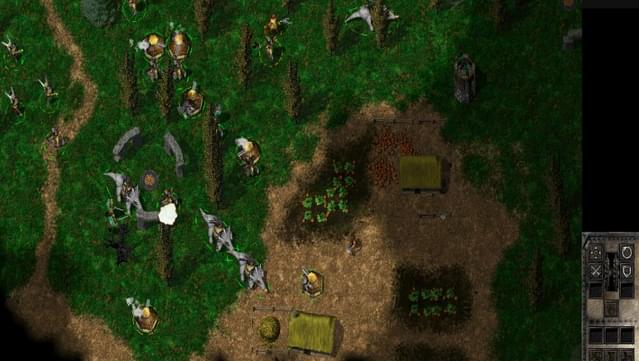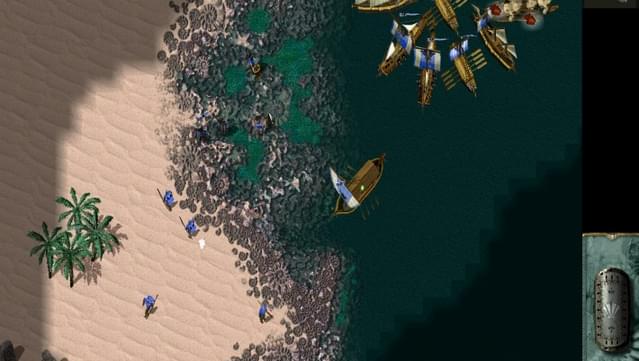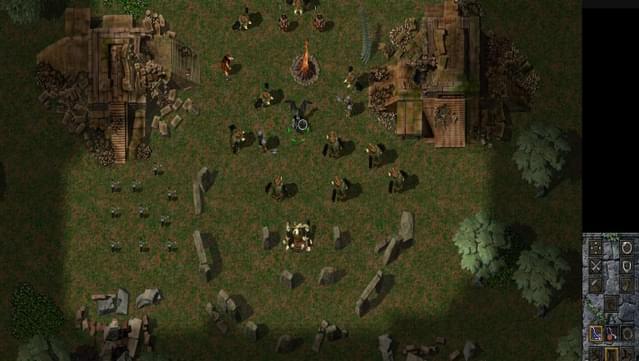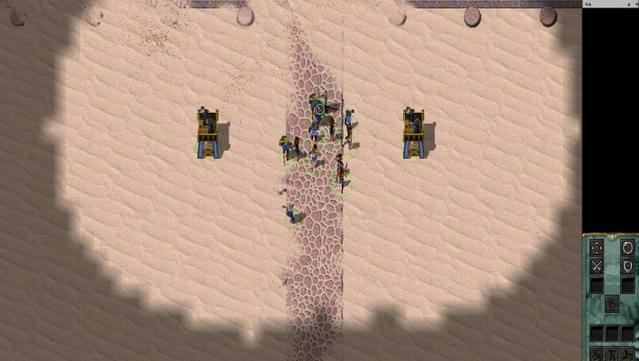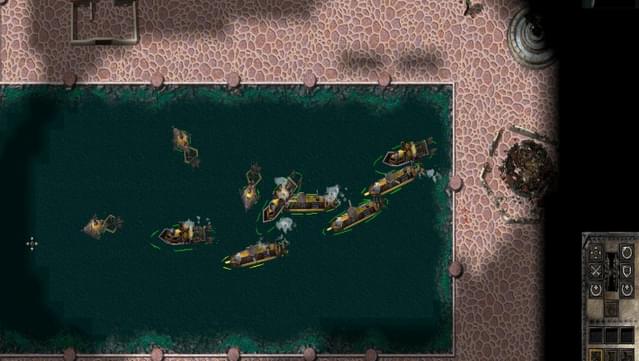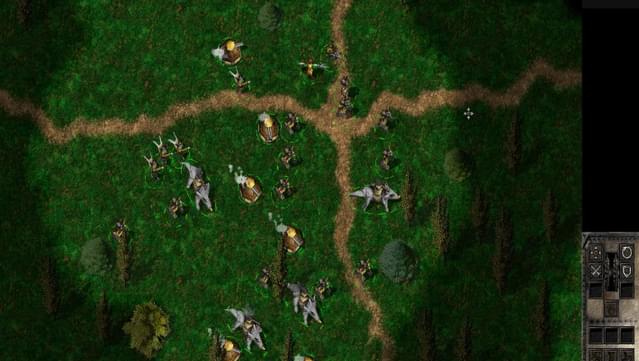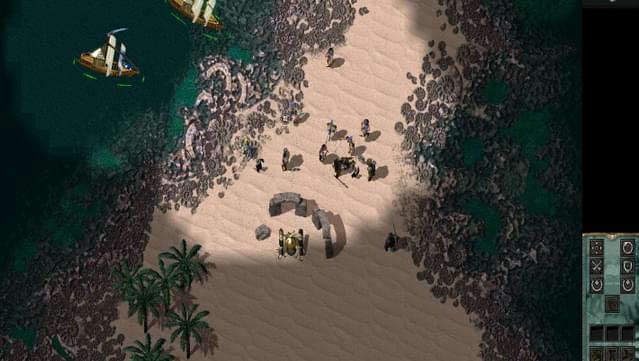Posted on: February 24, 2011

mecirt
Verified ownerGames: Reviews: 4
Worth playing, though not without flaws
Total Annihilation: Kingdoms is a fairly standard real-time strategy game set within a fantasy environment. Despite the name, it doesn't really have that much in common with the original Total Annihilation game, other than the standard features of the genre. First, as a disclaimer, I am basing this review on a version that I played some time ago, which didn't include the expansion - so the GOG version may differ in some ways. Resource management is very straightforward - each map has a couple of mana nodes located on it, on which you can build a collector which harvests the mana and gives you energy - the more nodes you control, the faster your mana grows. Mana can then be used to build units and buildings. Each side has three types of builders, each capable of building different buildings, from the basic to the most advanced ones. The factions are arguably the strongest element of TA:K - there are four of them (five with the expansion) and each of them has a very different feel, as well as strategy. Aramon is the "classic" fantasy-ish faction - they get the usual assortment of soldiers, knights, archers, and mages. They also get to build powerful trebuchets, which is the best siege weapon in the game. Veruna puts its emphasis on water - they get a good selection of powerful ships, including a trebuchet ship, which is a mobile (and somewhat weaker) version of the Aramon's trebuchet. Where they cannot rely on ship support, though, they are considerably weaker. Zhon is a beastmaster-themed faction. Unlike others, they do not construct buildings, but have mobile trainers which can generate new units anywhere - the main strength of Zhon is mobility. Zhon also has the ability to capture enemy units. Finally, Taros is a necromancy-oriented faction, with armies of skeletons and a strong emphasis on magic - their main focus are various magic-using units, from fire mages with long-ranged fireballs to weather witches to mind mages capable of converting enemy units. They require more micro-management and tactics to use effectively than the other sides, though. As far as gameplay is concerned, defensive structures are usually much too strong for direct attacks, encouraging siege warfare rather than melee assault. The latter can often work as well, though. Sight range and fire range are different for most units (trebuchets especially), which makes flying scouts very useful. Unfortunately, the game isn't without glitches of its own, too. Despite a wide assortment of units, many of them end up obsolete as stronger versions become obsolete - melee units are particularly prone to this. The campaign is also often criticized - instead of allowing the player to choose a faction to play with, each mission plays with a different faction as the story advances, thus there's no way to win the campaign with any faction other than the story-based winner - I didn't mind this myself, but many do. As a summary, even with its flaws, the game is very enjoyable and definitely worth looking into.
Is this helpful to you?
